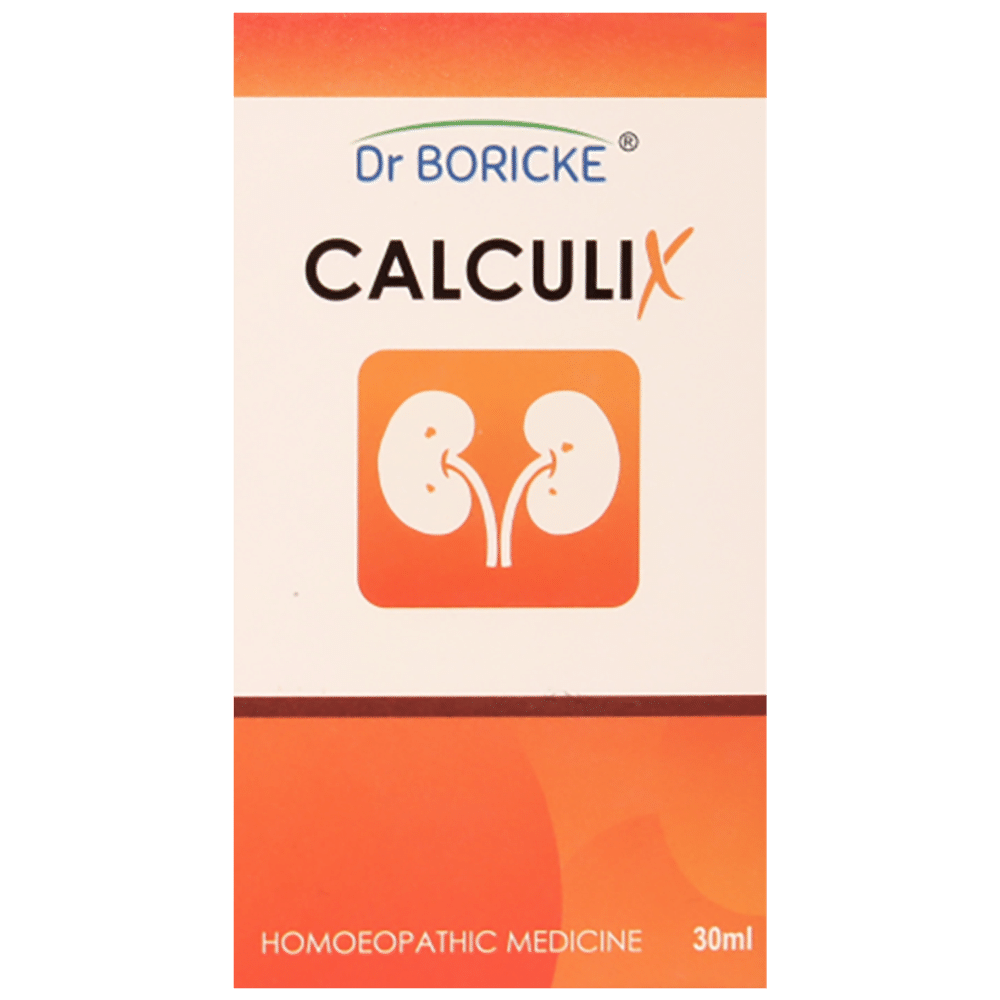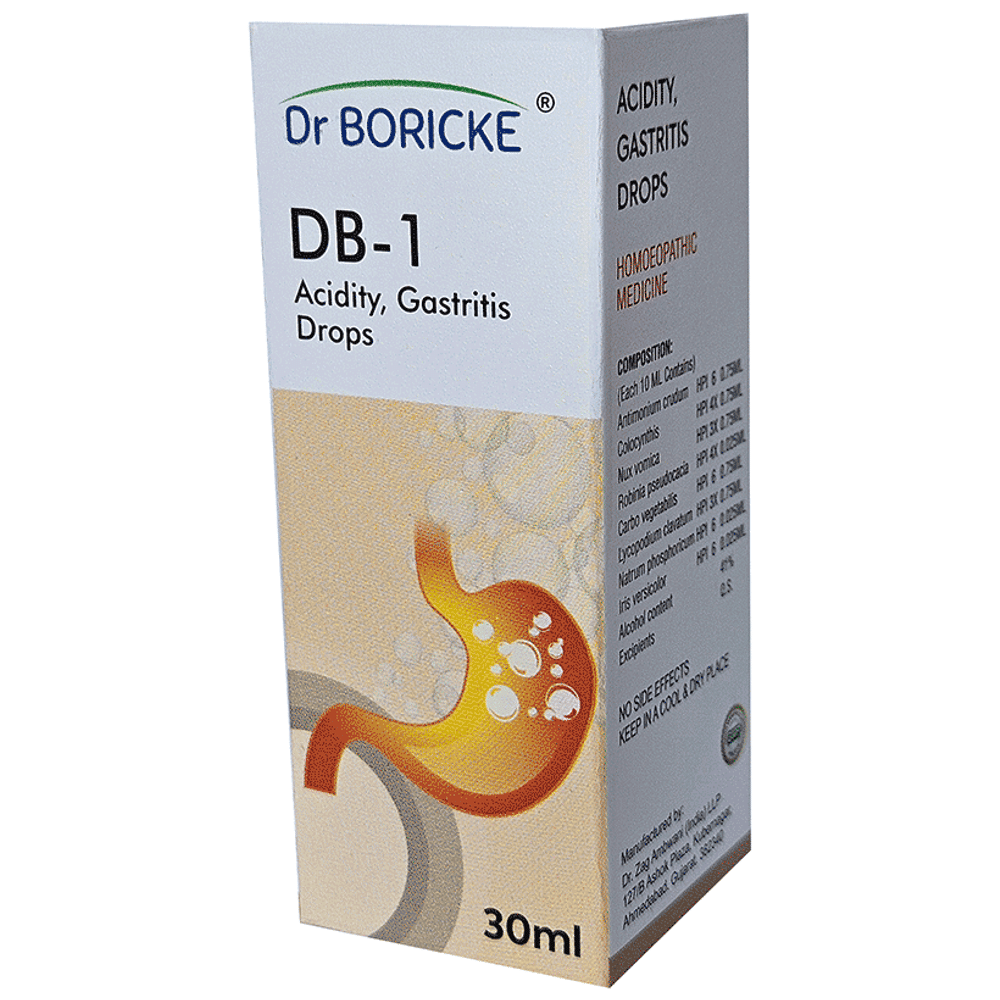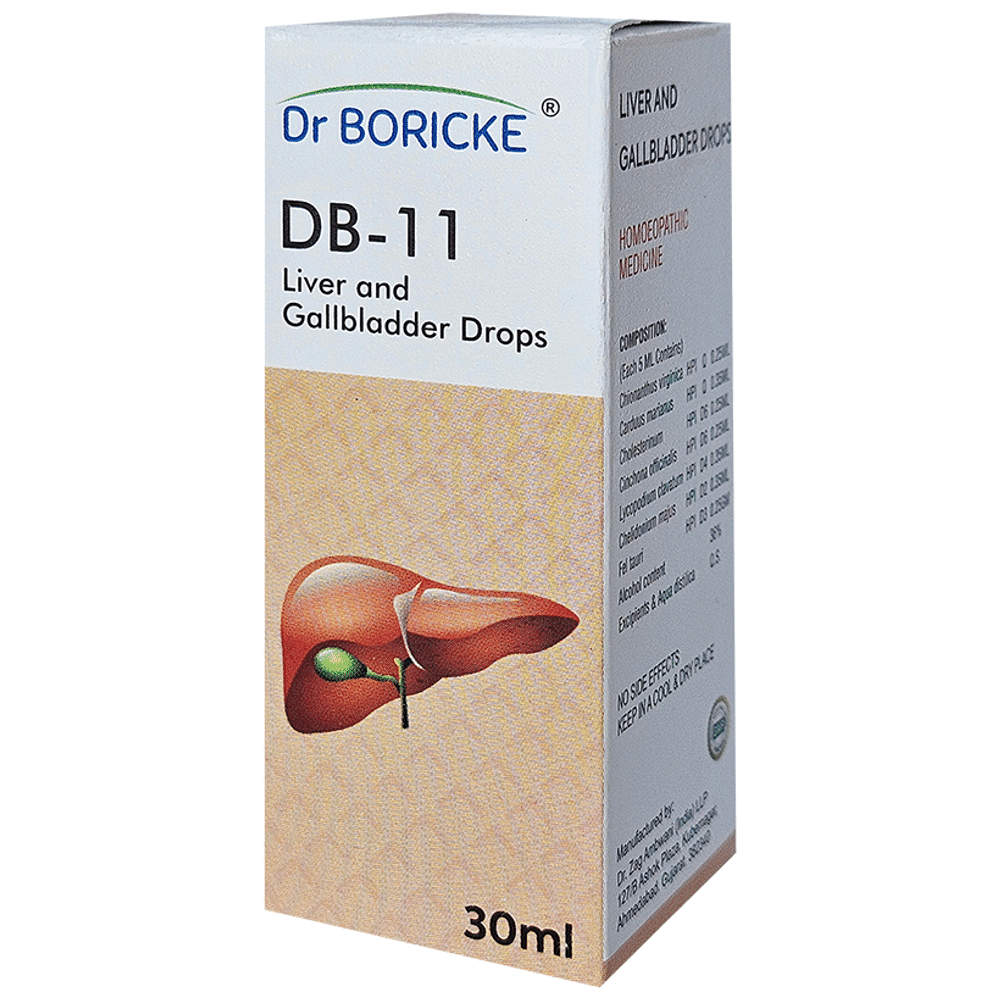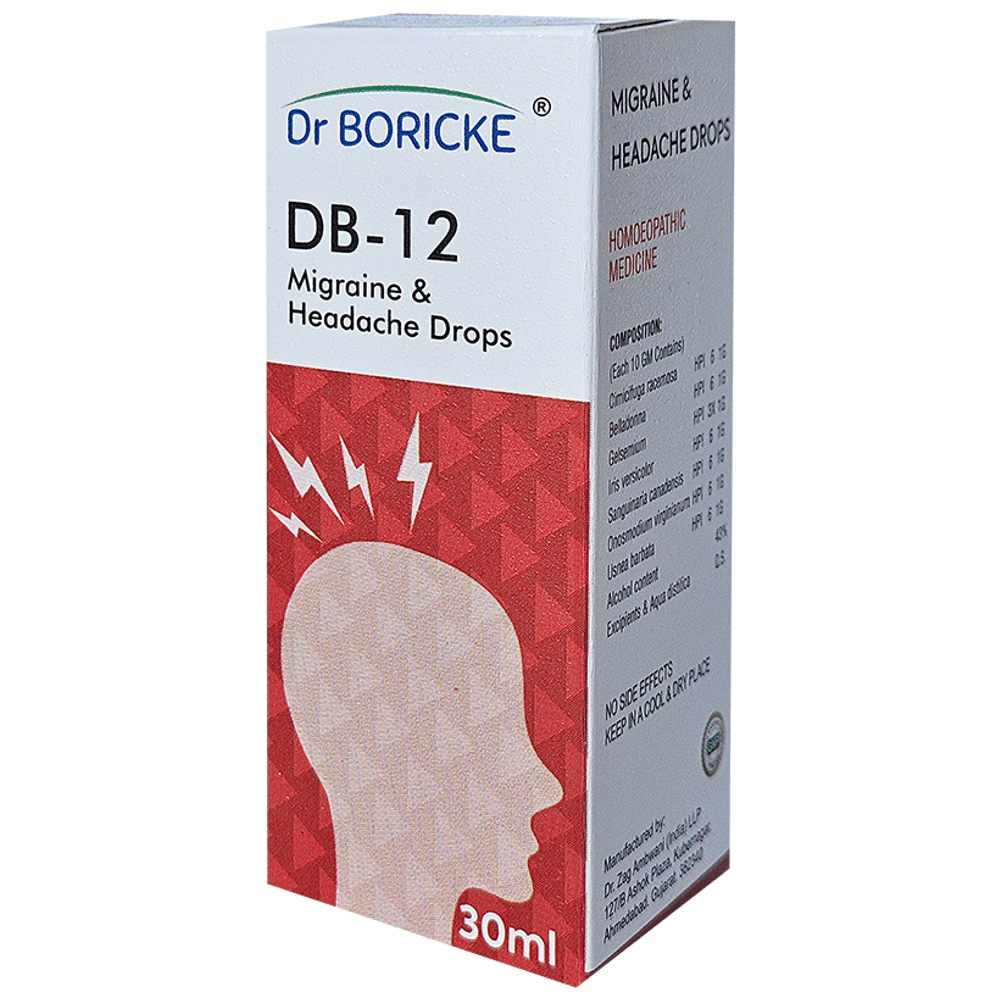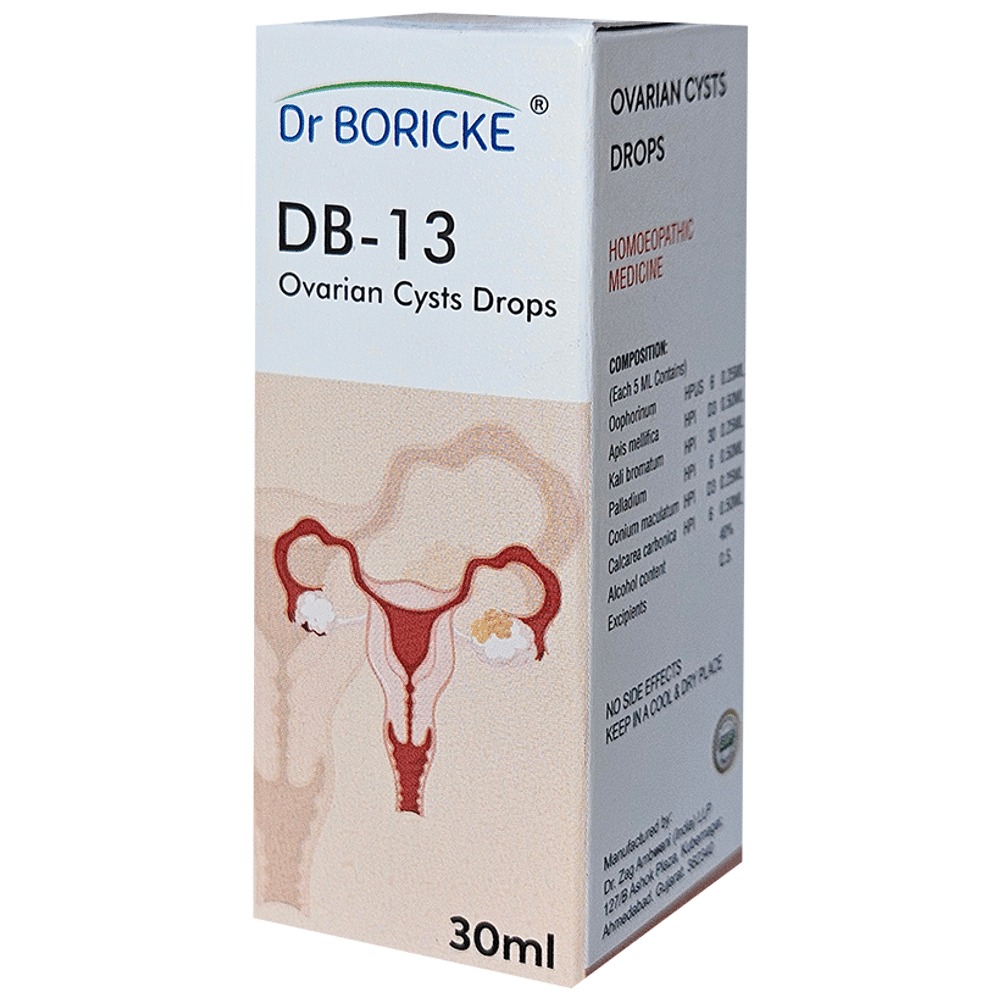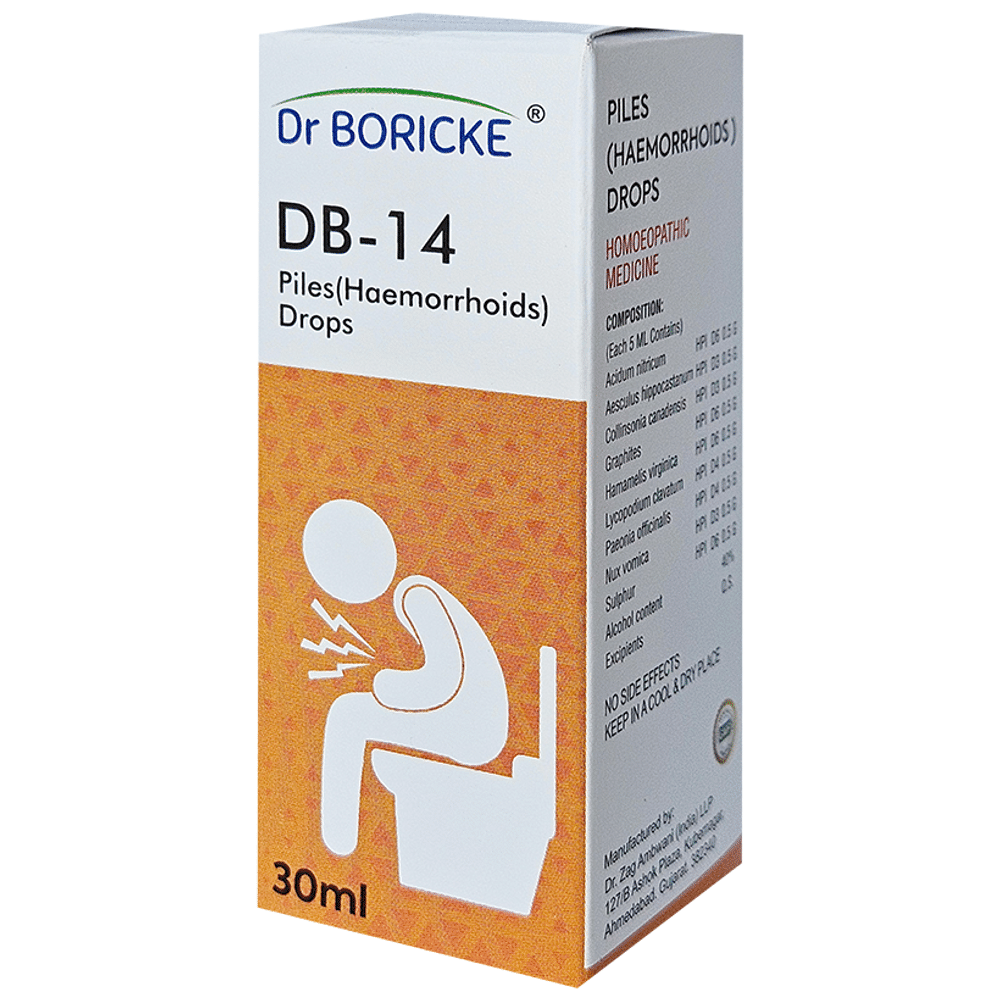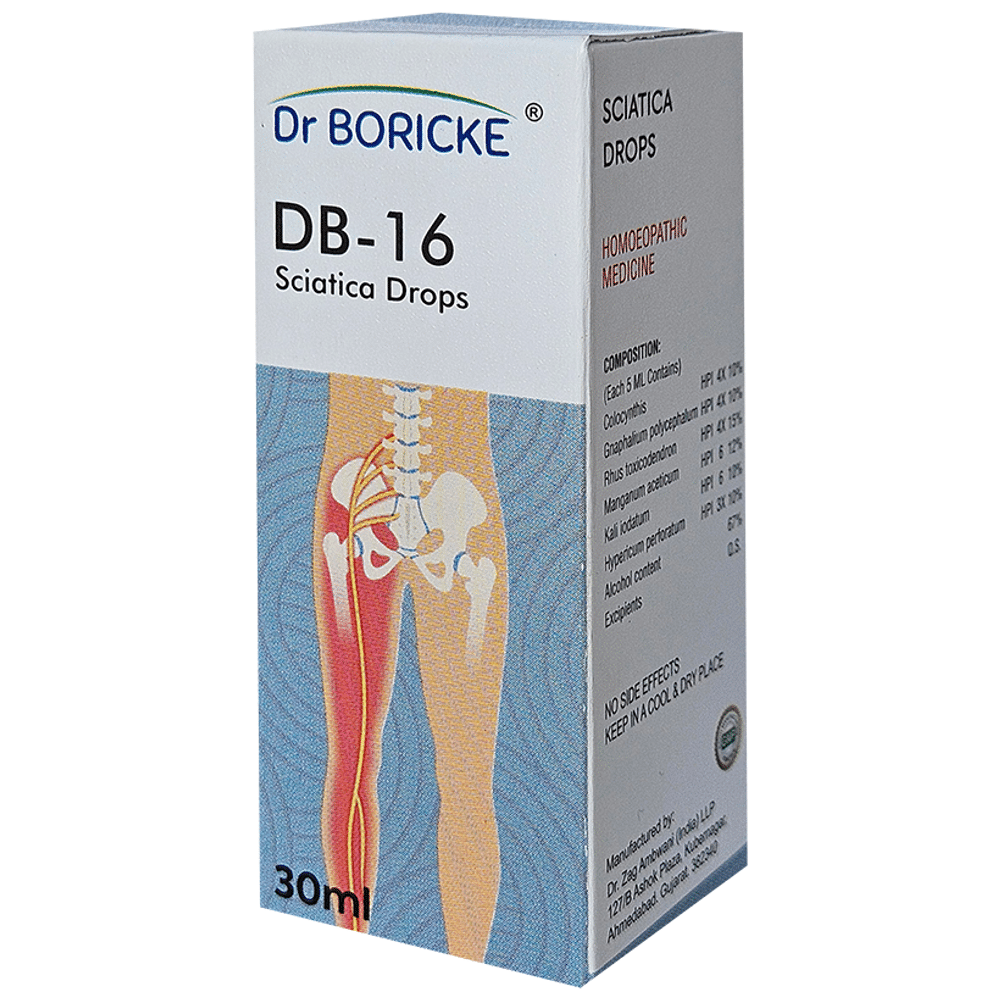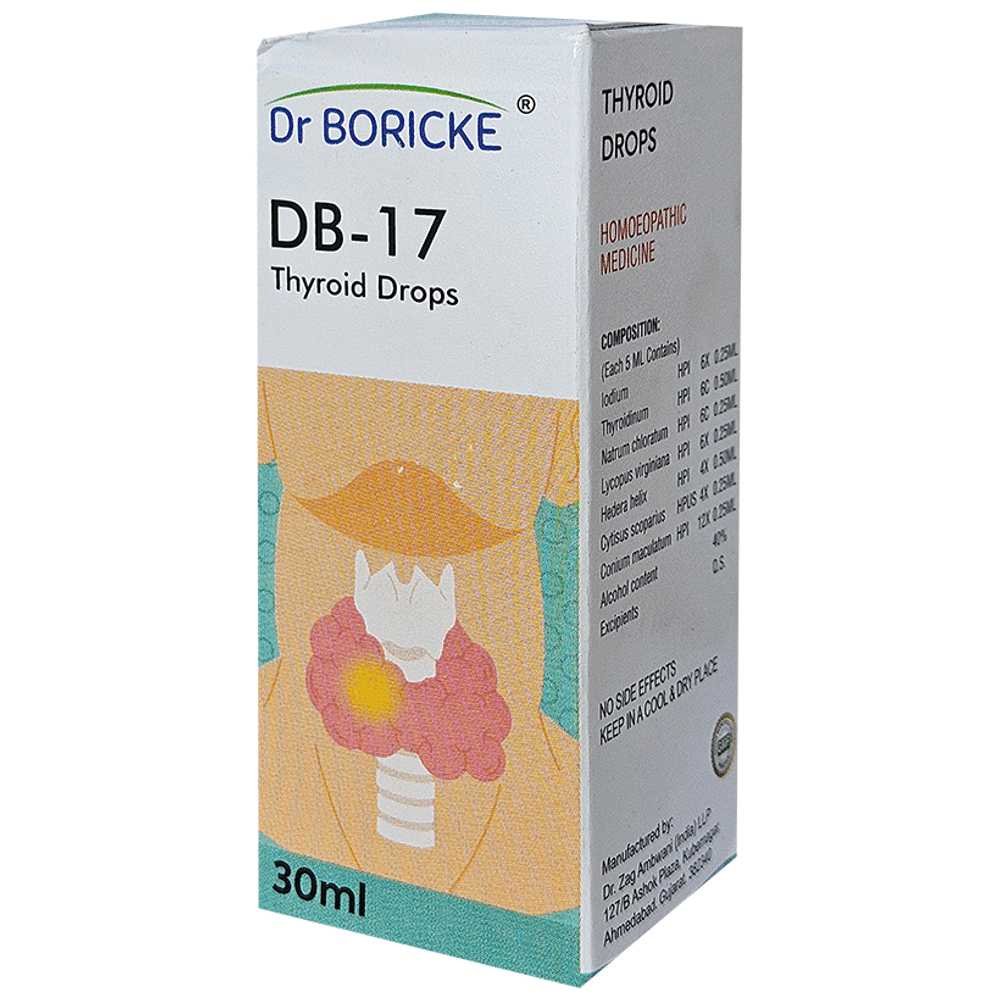
Abdominal colic symptoms causes and homeopathic medicine
Abdominal colic refers to a type of pain or discomfort that occurs in the abdomen. This pain can range from mild to severe and can be acute (sudden and severe) or chronic (long-lasting). Abdominal colic is a common symptom and can be caused by a variety of underlying conditions, including digestive problems (such as gas, indigestion, constipation, or inflammatory bowel disease), urinary tract problems (such as kidney stones), or gynecological issues (such as menstrual cramps or endometriosis). In some cases, the exact cause of abdominal colic is unknown. Treatment for abdominal colic depends on the underlying cause and may include over-the-counter medications, changes in diet, or prescription medications. In some cases, surgery may be necessary to relieve symptoms. If you are experiencing severe or persistent abdominal pain, it is important to consult a healthcare professional to determine the underlying cause and receive appropriate treatment.Homeopathic medicine for Abdominal colic.
The symptoms of abdominal colic can vary depending on the underlying cause, but common symptoms include:
Pain or discomfort in the abdomen: This can range from mild to severe and may be a dull ache or sharp, crampy pain. The pain may come and go, or it may be constant.
Bloating: This is a feeling of fullness or pressure in the abdomen, which can be accompanied by discomfort or pain.
Gas: Abdominal colic can cause an increase in the production of gas, leading to bloating, burping, or flatulence.
Nausea: Some people with abdominal colic may experience feelings of nausea or a desire to vomit.
Diarrhea or constipation: Abdominal colic can cause changes in bowel movements, leading to either diarrhea or constipation.
Urgency: The need to have a bowel movement may be sudden and urgent in some people with abdominal colic.
Appetite changes: Some people with abdominal colic may experience a loss of appetite or a decrease in their normal level of hunger.
It is important to note that these symptoms can also be caused by other conditions, and only a healthcare professional can make a definitive diagnosis. If you are experiencing severe or persistent abdominal pain, it is important to seek medical attention.
Abdominal colic can be caused by a variety of factors, including:
Digestive problems: Gas, indigestion, constipation, inflammatory bowel disease (IBD), irritable bowel syndrome (IBS), and other digestive disorders can cause abdominal colic.
Urinary tract problems: Kidney stones, bladder infections, and other urinary tract issues can cause abdominal pain.
Gynecological problems: Menstrual cramps, endometriosis, ovarian cysts, and other gynecological conditions can cause abdominal colic in women.
Gastrointestinal blockages: Intestinal obstruction can cause abdominal pain and discomfort.
Infections: Gastroenteritis (stomach flu), appendicitis, and other infections can cause abdominal colic.
Cancer: Certain types of cancer, such as ovarian, stomach, or colorectal cancer, can cause abdominal pain.
Other medical conditions: Abdominal colic can also be caused by conditions such as hernias, pancreatitis, and liver disease.
In some cases, the exact cause of abdominal colic may not be clear, and further testing may be necessary to determine the underlying cause. If you are experiencing persistent or severe abdominal pain, it is important to consult a healthcare professional to receive a proper diagnosis and appropriate treatment.
Homeopathic remedies can be used to treat the symptoms of abdominal colic. However, it is important to note that homeopathic remedies are not a substitute for medical treatment and should not be used to self-diagnose or self-treat serious medical conditions. If you are experiencing severe or persistent abdominal pain, it is important to consult a healthcare professional for a proper diagnosis and appropriate treatment.
Some common homeopathic remedies used for the treatment of abdominal colic include:
Nux vomica: This remedy is commonly used for abdominal pain caused by indigestion, gas, or constipation. It is also effective for treating abdominal colic that is accompanied by feelings of irritability, anxiety, and a desire for stimulants like alcohol or caffeine.
Colocynthis: This remedy is commonly used for abdominal pain that is crampy and sharp, and is often relieved by bending over or pressing on the affected area.
Magnesia carbonica: This remedy is used for abdominal pain that is accompanied by bloating, gas, and constipation. It is also effective for treating abdominal colic in people who are prone to worry and anxiety.
Carbo vegetabilis: This remedy is used for abdominal pain that is accompanied by bloating, gas, and a feeling of fullness. It is also effective for treating abdominal colic in people who feel better after passing gas or having a bowel movement.
Pulsatilla: This remedy is commonly used for abdominal pain in women that is caused by menstrual cramps or other gynecological issues. It is also effective for treating abdominal colic that is accompanied by feelings of sadness, anxiety, and a desire for comfort and sympathy.
It is important to note that the effectiveness of homeopathic remedies can vary depending on the individual and the specific symptoms being experienced. A qualified homeopathic practitioner can help determine the best remedy for your specific needs.


